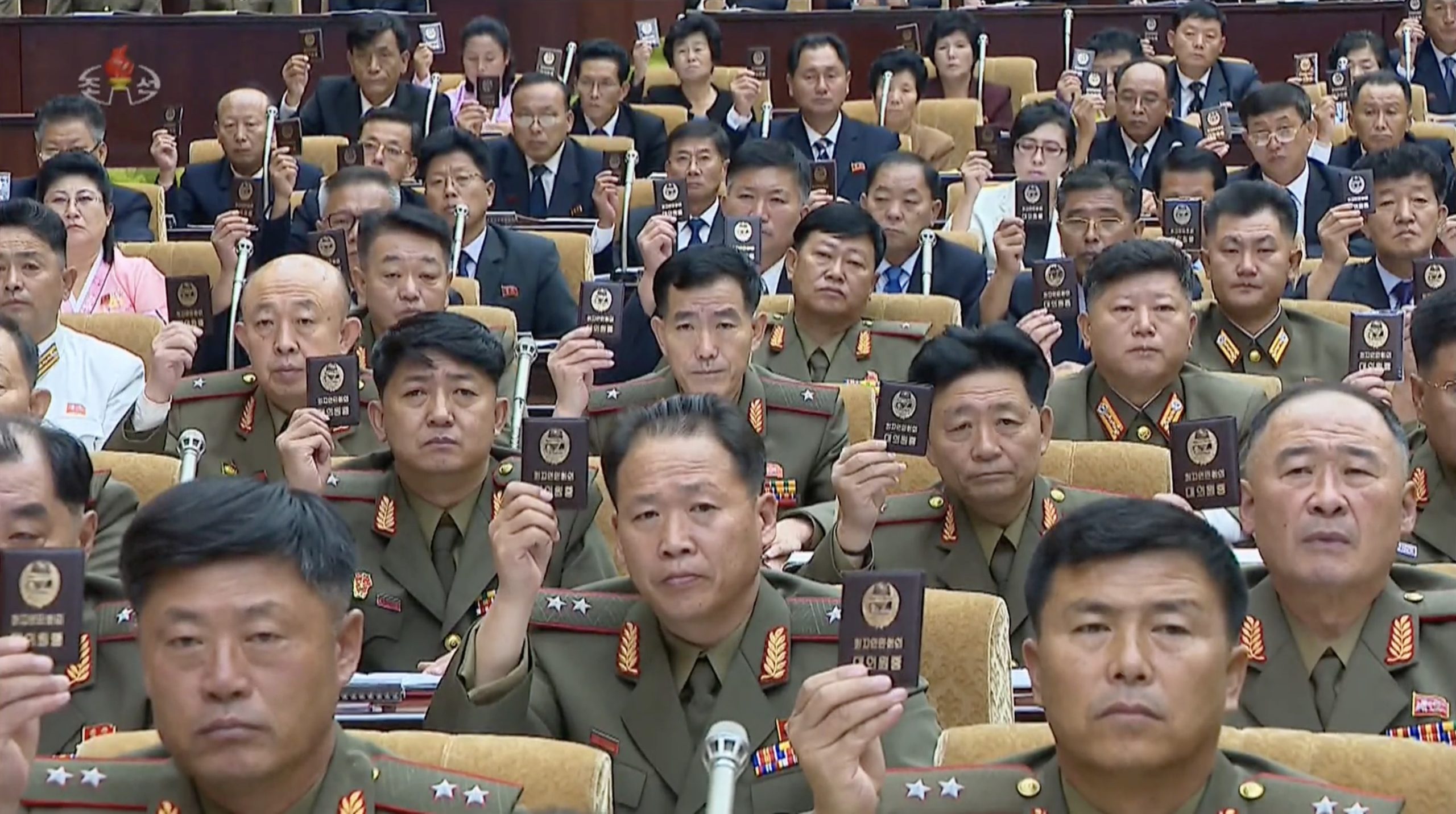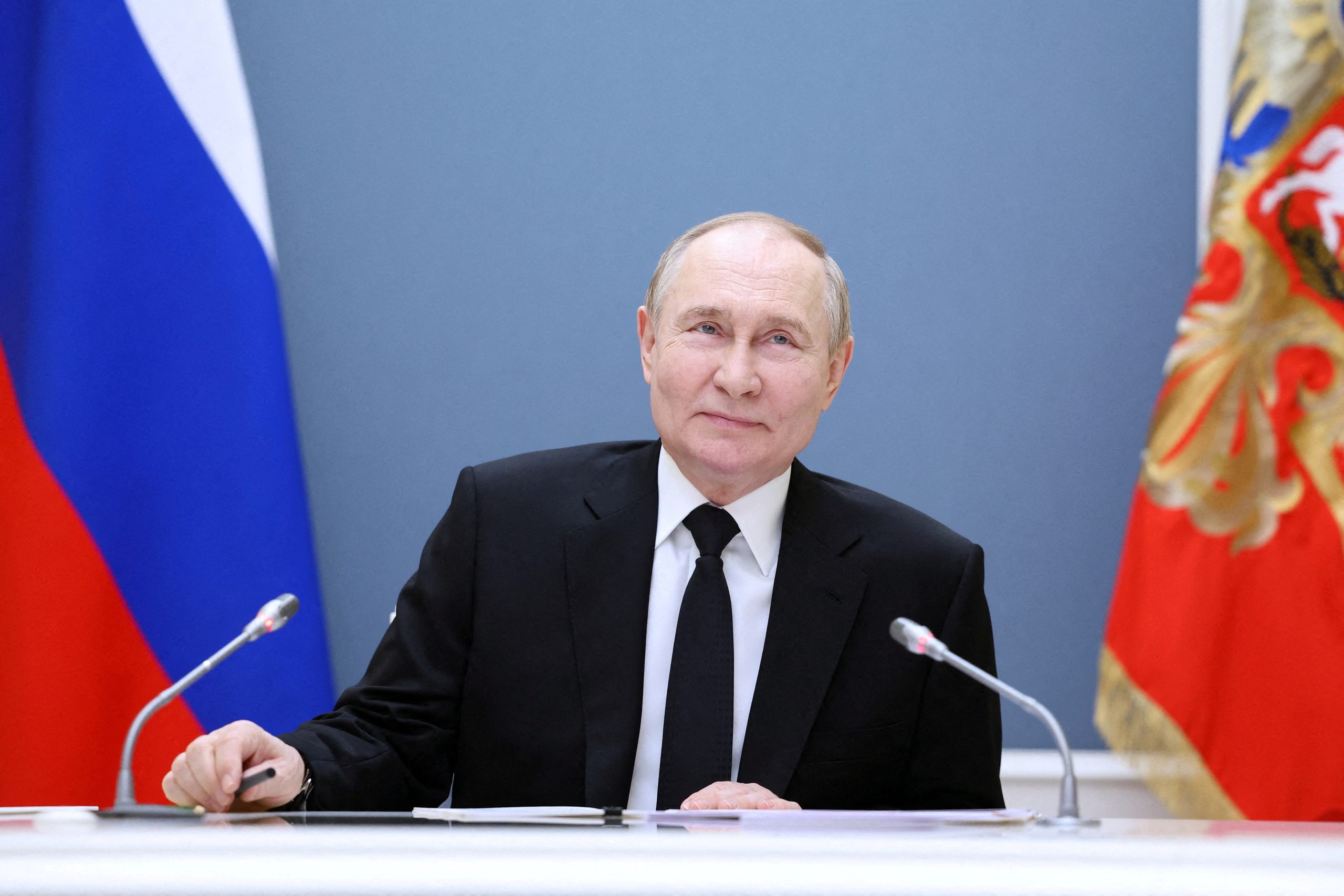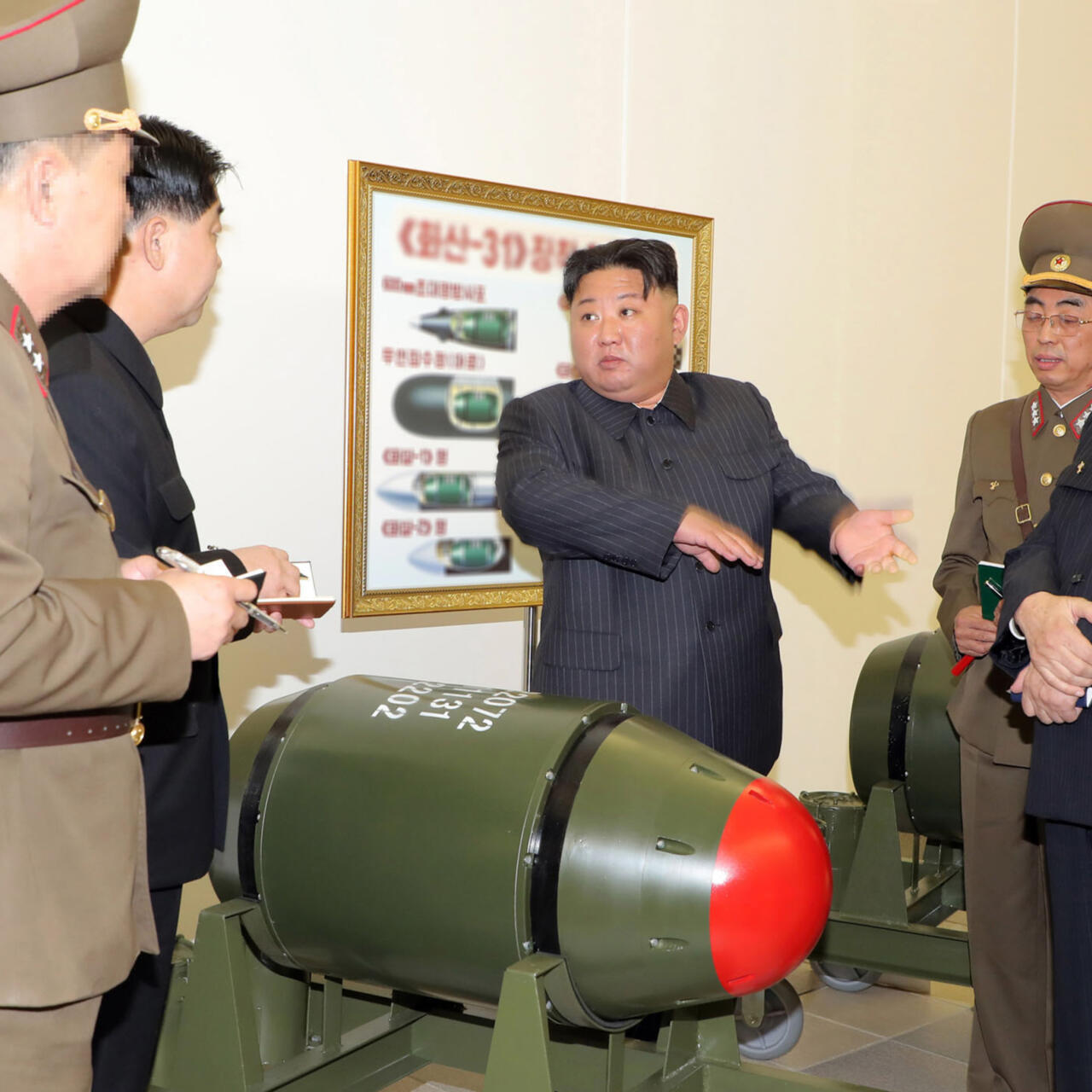The long volatile nexus of geopolitical power plays, and the Korean Peninsula faces a profound transformation as North Korea pivots its constitutional foundation. Under Kim Jong-Un’s leadership, the regime is set to enact significant amendments, particularly removing clauses concerning South Korea’s unification.
This seismic shift, expected to be ratified by the Supreme People’s Assembly (SPA), signals not only a hardening of Pyongyang’s stance but also recalibrates the entire security architecture of the peninsula. With ramifications extending beyond the two Koreas to include the U.S., China, Russia, and Japan, the coming changes demand careful analysis of both their immediate impacts and long-term strategic implications.
The peninsula’s fragile peace, long resting on a tenuous truce, now faces unprecedented risks. The constitutional revisions, coupled with North Korea’s expanding nuclear and missile capabilities, could ignite a fresh cycle of provocations, heightening tensions across East Asia.
Removing the Unification Clauses
The proposed removal of unification clauses from North Korea’s constitution represents a stark departure from decades of rhetoric advocating for eventual reunification under Pyongyang’s terms. Historically, unification has been a cornerstone of North Korean ideology—albeit always framed as a process under Kim Jong-Un’s rule. The abandonment of this principle signifies not only a shift in domestic policy but also a message to the world: reconciliation with South Korea is no longer on the table. This move sharply contrasts with the Sunshine Policy of the 1990s and early 2000s, which aimed to foster better inter-Korean relations through dialogue and cooperation.
By erasing references to unification, Kim Jong-Un is doubling down on his “invariable principal enemy” stance toward South Korea. This shift consolidates North Korea’s militaristic posturing while leaving little room for diplomatic engagement. Experts predict that without unification as a potential endgame, North-South relations will devolve into a protracted standoff characterized by military brinkmanship and frequent provocations. Indeed, this decision could lead to more aggressive actions, including missile tests and skirmishes along the disputed maritime border, the Northern Limit Line (NLL).
For South Korea, the removal of unification clauses is both a symbolic and strategic blow. President Yoon Suk Yeol’s administration has made North Korea’s denuclearization and peaceful engagement top priorities. However, the lack of any common ground in future negotiations will complicate efforts to reduce tensions. It is also likely to weaken South Korea’s diplomatic leverage with key allies like the United States, whose support for reconciliation has waned in recent years as Pyongyang continues to develop its nuclear arsenal.

The Northern Limit Line: A New Flashpoint?
One of the most immediate and tangible security concerns arising from the constitutional changes is North Korea’s potential redrawing of its maritime boundaries. Reports indicate that Pyongyang may assert new territorial claims south of the NLL, the de facto maritime boundary that has long been a source of tension between the two Koreas. Established by the United Nations after the Korean War, the NLL has been a flashpoint for naval clashes, particularly around contested islands like Yeonpyeong, which North Korea shelled in 2010.
Should North Korea unilaterally declare a new maritime boundary, it would likely lead to increased skirmishes and potentially even larger confrontations at sea. The South Korean military, along with U.S. forces stationed in the region, would be on high alert to counter any provocations, raising the risk of miscalculation. In this volatile environment, even minor incidents could quickly escalate, potentially drawing in other regional powers such as China and Japan, both of which have significant interests in the stability of the region.
Moreover, North Korea’s revisionist approach to territorial boundaries could serve as a precursor to other acts of aggression. In recent years, Kim Jong-Un has demonstrated a willingness to test international limits, as seen by his continued development of long-range missiles and nuclear weapons. The redrawing of the NLL could be the first step in a broader strategy aimed at gradually eroding South Korea’s defenses and asserting North Korean dominance in the region.

The Russia-North Korea Nexus
Beyond inter-Korean relations, North Korea’s constitutional changes come at a time of evolving geopolitical alliances. Notably, Pyongyang has moved closer to Russia in recent months, culminating in a high-profile summit between Kim Jong-Un and Russian President Vladimir Putin. This burgeoning partnership, which may include a mutual defense treaty, adds a new dimension to the already complex security dynamics on the Korean Peninsula.
The possibility of a formal defense agreement between North Korea and Russia would significantly alter the balance of power in East Asia. Russia, already facing international isolation due to its ongoing war in Ukraine, could use its relationship with North Korea as a way to project influence in the region. For North Korea, a defense pact with Russia would provide a powerful ally capable of countering U.S. and South Korean military pressure. It would also embolden Pyongyang to take more aggressive actions, secure in the knowledge that it has Moscow’s backing.
Such an alliance would have profound implications for the region’s security architecture. It could undermine efforts by the U.S. and its allies to contain North Korea’s nuclear ambitions, as Russia might provide Pyongyang with advanced military technology or diplomatic cover at the United Nations. Furthermore, it could complicate South Korea’s defense strategy, as it would have to contend with the possibility of coordinated North Korean and Russian military actions.
At the same time, the deepening ties between Pyongyang and Moscow could strain North Korea’s relationship with China, which has historically been its most important ally. Beijing, while supportive of North Korea’s regime, has been cautious about endorsing its more provocative actions, particularly those that could destabilize the region. A stronger North Korea-Russia alliance could push China into a more reactive posture, seeking to balance its influence over North Korea with its broader strategic goals in the Asia-Pacific region.

Nuclear Provocations and the U.S. Response
The constitutional changes in North Korea are not happening in a vacuum. They come against the backdrop of increased nuclear threats from Pyongyang, with Kim Jong-Un likely using these threats as a strategic lever to gain attention on the international stage. South Korean President Yoon Suk Yeol has warned that North Korea may conduct a new round of nuclear tests or launch long-range missiles in the coming months, potentially timed to coincide with the U.S. presidential election cycle.
For the United States, North Korea’s nuclear provocations present a difficult challenge. The Biden administration has prioritized other foreign policy issues, such as the war in Ukraine and competition with China, leaving less bandwidth for addressing North Korea. However, if Kim Jong-Un follows through on his threats, Washington will be forced to respond, either through increased sanctions or enhanced military cooperation with South Korea and Japan.
One of the key questions facing U.S. policymakers is how to prevent North Korea’s nuclear threats from spiraling into a full-blown crisis. While previous administrations have employed a mix of sanctions, diplomacy, and military deterrence, none have been able to fully contain Pyongyang’s ambitions. The constitutional changes currently being discussed in North Korea could further complicate U.S. efforts to negotiate a peaceful resolution, as they signal a regime more focused on territorial sovereignty and military strength than on diplomacy or reconciliation.
In this context, the U.S. may need to reconsider its approach to North Korea. Some experts argue that Washington should pursue a more proactive strategy, engaging with Pyongyang directly to deescalate tensions. Others suggest that the U.S. should double down on its military presence in the region, working closely with South Korea and Japan to deter any future provocations. Whatever path the U.S. chooses, it is clear that North Korea’s constitutional changes will have far-reaching implications for its security strategy in East Asia.
A Growing Threat to Kim’s Regime?
While Kim Jong-Un’s external actions dominate headlines, internal discontent within North Korea is becoming an increasingly serious concern. Recent defections, including that of a North Korean soldier who fled to the South, underscore the growing dissatisfaction within the country, even among its elite classes. Despite Kim’s efforts to tighten border security and maintain strict control over the population, these defections indicate potential cracks in the regime’s grip on power.
Internal instability in North Korea could have serious security implications for the region. A weakened regime may resort to more aggressive actions to divert attention from domestic problems or to rally nationalist sentiment. Alternatively, if internal dissent were to escalate into a full-blown crisis, it could trigger a power struggle within the regime, leading to unpredictable consequences for the Korean Peninsula and beyond.
For South Korea, internal instability in North Korea presents both risks and opportunities. On the one hand, a destabilized North Korea could result in a humanitarian crisis, with refugees fleeing across the border into the South. On the other hand, increased internal dissent could weaken Kim Jong-Un’s ability to project power externally, potentially opening the door to new diplomatic opportunities.
A New Security Landscape
As North Korea moves to revise its constitution and recalibrate its external policies, the security landscape of the Korean Peninsula is poised for significant change. The removal of unification clauses and the potential redrawing of maritime boundaries signal a regime that is becoming more entrenched in its militaristic stance and less interested in dialogue or reconciliation. These developments, coupled with Pyongyang’s growing partnership with Russia and its continued nuclear provocations, create a volatile environment that could have far-reaching implications for regional stability.
For South Korea, the U.S., and other key stakeholders, navigating this new security landscape will require a careful balance of deterrence, diplomacy, and preparedness. The stakes are high, and the risks of miscalculation are real. But with the right strategies in place, it may still be possible to manage the challenges posed by North Korea’s evolving political and military posture.



